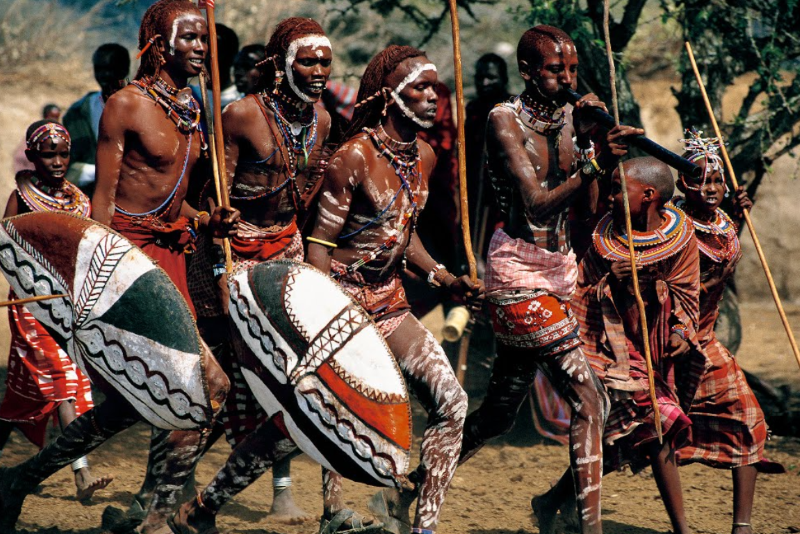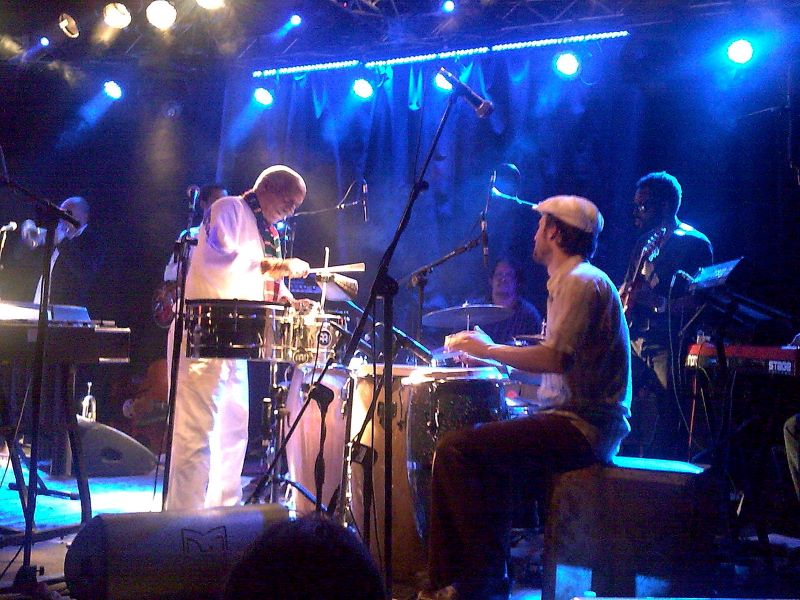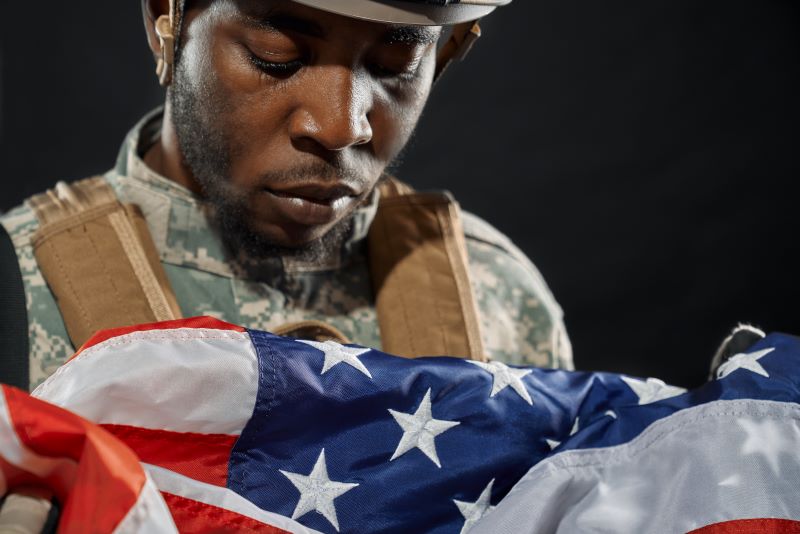On Kenyan Independence Day, we are highlighting one of its most well known tribes: the Maasai. Most Maasai are known for their tall stature, spears, red clothing and retention of traditional culture. Beyond the surface, there is so much more. Let’s jump right in!
The Maasai tribe is said to have migrated from present day Sudan in search of greener pastures. The name of the tribe, Maasai, means ‘People speaking maa’. These communities are mainly herders, and include a lot of cow ingredients in their food. Their meals mainly consist of meat, tree bark, milk, cow’s blood, fat and honey. They are semi-nomadic, their houses, known as Inkajijik, are semi-permanent, and usually made by women. They are known for their great warriors, who fought bravely against the British colonizers as they sought to take the land the Maasai inhabited. However, the British overpowered them with guns, and the Maasai in Kenya lost over 60% of their land.

(An Inkajijik, or Maasai house)
With a population of 1.5 million, this tribe, found in Kenya and Tanzania, determines community members’ status by how many cows and children one has. The culture is mostly patriarchal. Males and females go through initiation rites during youth, which include circumcision. Due to this, Female Genital Mutilation (FGM) activists have stepped in to curb this issue. Also, in modern Kenya, those who circumcise or authorize circumcision are put into jail.
The Maasai ‘Shuka’ cloth is a red and black striped design that many people refer to as the ‘African Blanket’. Maasai people drape the cloth around their shoulders.
Massai tribe members are monotheistic, and refer to God as Engai.

(Maasai men carry wooden staffs)
The Maasai play an important part in nature and wildlife conservation. The Maasai Wilderness Conservation Trust, for example, maintains Kenyan lands in its natural state and protects the animals in their areas of operation.
Learn more about the Maasai tribe’s conservation efforts here: http://maasaiwilderness.org/maasai/.
Citations
http://maasaiwilderness.org/maasai/
https://www.gadventures.com/blog/story-behind-maasais-shuka-cloth
https://www.ancient.eu/Maasai_People
https://www.culturalsurvival.org/publications/cultural-survival-quarterly/fgm-maasai-women-speak-out





